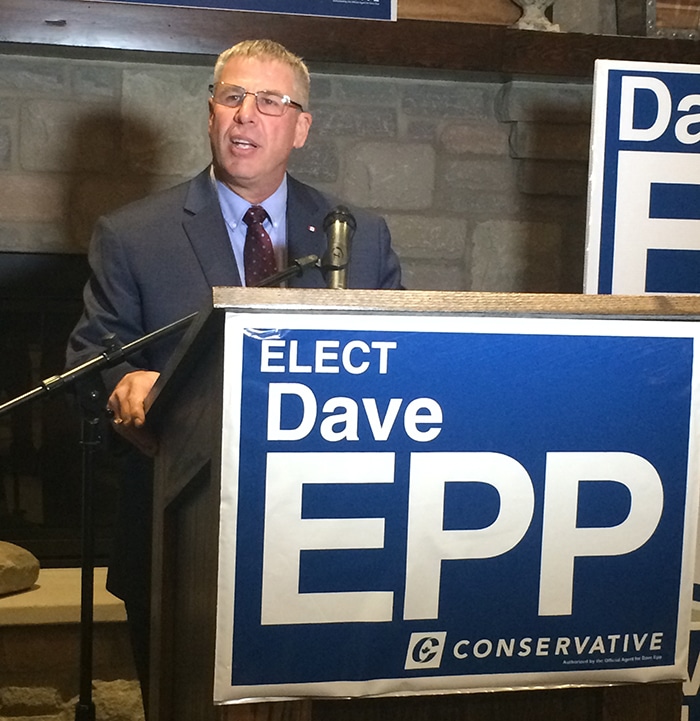
Anthony Li is a medical student at Queen’s University who recently completed a degree in Biology and Economics at Western University. He has an interdisciplinary background, having worked in public service at the Canadian Nuclear Safety Commission, in research with the London Health Sciences Centre, and in teaching at Western University.
Li recently served as the provincial Green candidate in Lambton-Kent-Middlesex, becoming the riding’s youngest ever candidate. Notwithstanding his age, he ran an effective campaign, travelling to connect with constituents in over a dozen municipalities.
Li firmly believes youth have immense potential to impact their communities. He has strived to solidify his position as a youth leader by joining the board of directors of LEADS Employment Services, served on the board of directors of the Western USC as a director and chair of the finance committee, and sits on the National Youth Advisory Council of Plan International Canada. Alongside youth empowerment, Anthony advocates for sustainable development, having extensively researched alternative food-sources such as entomophagy, cultured meat, and biotechnology.
Passionate about sustainable development, health policy, and democratic reform, Li believes he can use his leadership in education and non-profit boards to serve you in Lambton-Kent-Middlesex with a new, higher standard of service.
How can the public trust our party system when it appears there are decisions being made with questionable judgment by political leaders, with little to no repercussions?
Canadians expect trust, integrity, and respect between themselves and their government to uphold our democratic system. We are committed to ethical leadership, prioritizing good governance and the needs of our constituents over political games.
The Green Party of Canada is the only major party that does not whip votes. Green MPs will represent their constituents with integrity and honesty, regardless of what the official party dictates, to give constituents a real representative voice in Ottawa.
Disincentives like the Carbon Tax are meant to help the environment by increasing the cost of fossil fuel consumption. But is such a tax fair for people who live in small-town Canada? Or is this just another tax on the middle class in general?
Many people from small and rural towns in Canada make their livelihood through farming. The Green Party will encourage farmers to take up regenerative farming techniques which create actual net-positive environmental contributions by decreasing the need for nitrogen fertilizer. Nitrogen fertilizer accounts for the majority of grain and oilseed emissions and can be drastically reduced by modern farming techniques.
The carbon tax on farm fuel is already either rebated or is not charged, so farmers are already sheltered from tax on marked gas and diesel.
The Green Party will encourage the insulation of farm buildings, freeing farmers from the high costs of heating and any associated carbon tax costs. All revenues from a carbon fee would be returned to Canadians as a dividend.
Opioid addiction and its associated problems, such as increased crime, have reached a crisis level in Canada. What can be done to cause change at the federal level?
We will address the opioid crisis as a health-care issue rather than a criminal issue, but declaring a national health emergency.
By decriminalizing drug possession, we can ensure people have access to a screened supply and the medical support needed to combat addictions.
Deaths are more accurately described as poisonings rather than overdoses due to fentanyl contamination. To treat overdoses, the Green Party will increase funding to community-based organizations to test drugs and make Naloxone kits widely available.
Through the classification of the opioid crisis as a health-care issue, we can approach the problem from a new perspective to treat addiction and prevent its associated problems.





